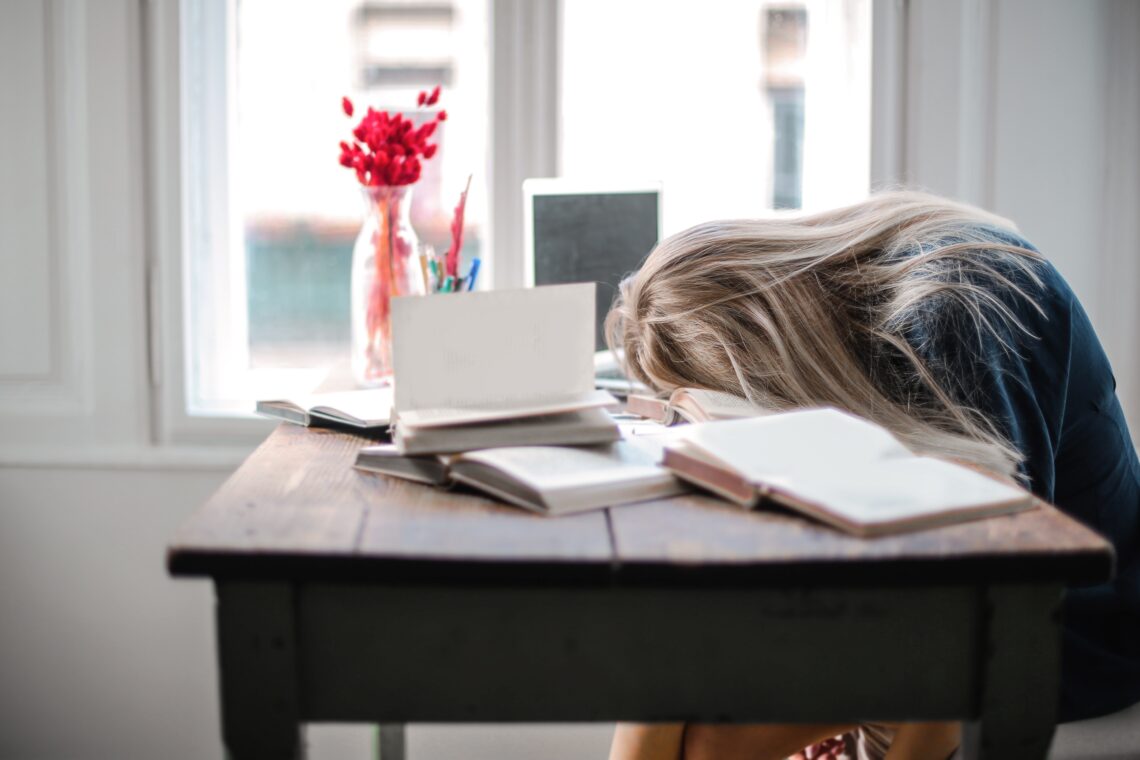
The slippery slope of sleepless nights
Sleep is something that everyone needs and yet many people do not get enough of it. During the pandemic, there has been plenty of time to binge-watch Netflix in bed until the early hours of the morning or pull an all-nighter for an exam the next day. But these habits throw off our body clock and can cause people to fall asleep late and wake up even later.
Here are some basic tips you can follow to repair your sleep schedule from Toronto-based sleep specialists Dr. Colin Shapiro and Dr. John Peever.
Get in tune with your body clock
The term “body clock” is just another name for the circadian rhythm. Peever describes it as a clock that “keeps all of your biological functions like sleep and wakefulness tuned to the 24-hour day.” When it’s off, Shapiro says it’s like your body is living in Vancouver but you’re actually in Toronto. With this in mind, you need to know when your body naturally feels awake or tired.
Your body clock is controlled by a sleep hormone called melatonin. “Melatonin starts to increase in the blood when it starts getting dark, at about seven o’clock in the evening,” says Shapiro. “It goes up and up till about three o’clock in the morning and then it goes down.” If you’re a night owl, staying up past 3 a.m. will make dozing off difficult due to low melatonin. Also, consider your peak of activity. Shapiro says that a young adult’s peak of activity is in the early evening, so trying to hit the hay that early is equally as difficult.
Stick to a relaxing bedtime routine
Your body runs on time, so your routine before going to bed is important. If you find that you’ve been falling asleep late, then planning out time for relaxation before bed could help immensely. “Have a ritual and whatever that ritual is, be relaxing and start it an hour before you want to go to bed,” Peever says.
When it comes to adjusting your body to fall asleep earlier, doing it slow and steady is key. According to an article by Everyday Health, you should adjust your bedtime to be 15 minutes earlier every two days until you reach an optimal time to go to bed.
Activities that are overstimulating to the brain prevent sleep. If you’re a video game fanatic, for example, put the controller down at least an hour before bed and turn off your laptop and phone too. Peever suggests taking a walk, reading a book, sitting quietly or listening to music to help you with drifting off to sleep. Shapiro notes that listening to a familiar song is soothing because, “you know what to expect and so it’s nothing new, and it just engages the brain sufficiently to help you get off to sleep.”
Consider the equilibrium between sleep, exercise and diet
Sleep, exercise and diet are all affected by each other. In order to fall asleep and wake up when you want, balancing those three core elements is the solution to a controlled body clock. “People who have regular daytime exercise have better sleep. People who eat a healthy diet have better sleep,” says Peever. “And then they all turn around. So people who sleep poorly, eat poorly. People who sleep poorly are unmotivated to exercise.”
If you end up snoozing past your desired wake-up time because you ate junk food the night before, then consider removing that from your bedtime routine. Exercising during the day can also aid in having a restful sleep.
Ultimately, skipping the gym and eating unhealthy food here and there is OK, but grasping how to balance your exercise and diet to refine your sleep schedule can improve your lifestyle (and your dreams) in the long run.
About the author
Grace Nelson-Gunness is a reporter for Youth Mind. She enjoys watching Criminal Minds or reading a suspenseful horror-thriller novel while drinking a vanilla latte.







